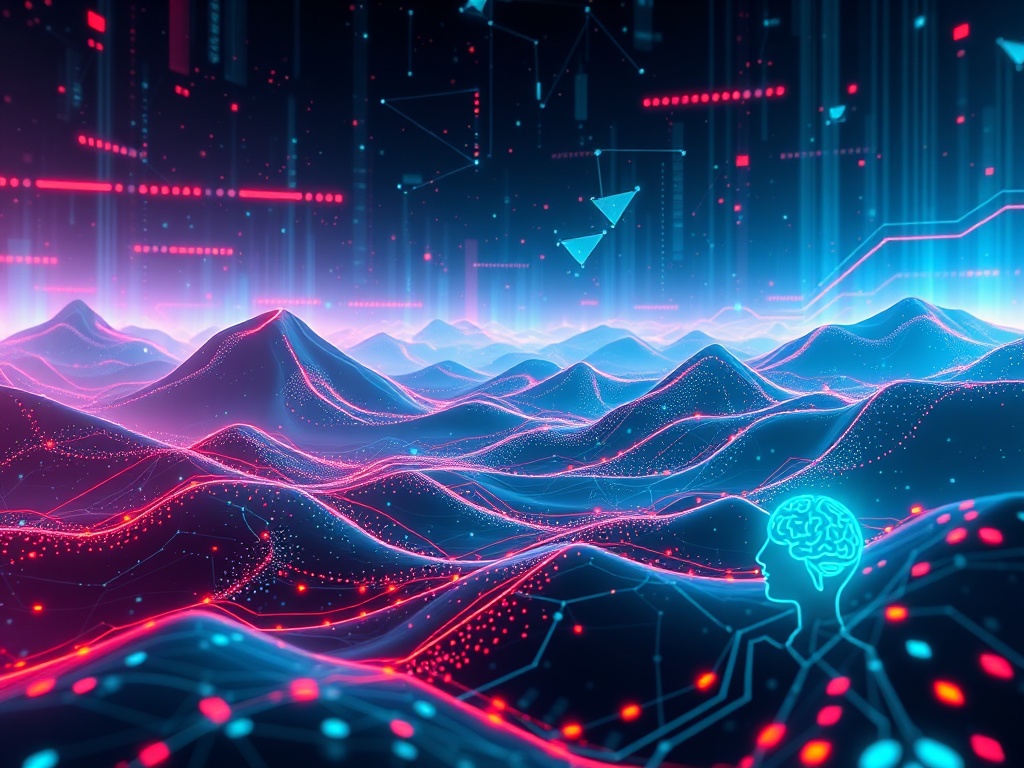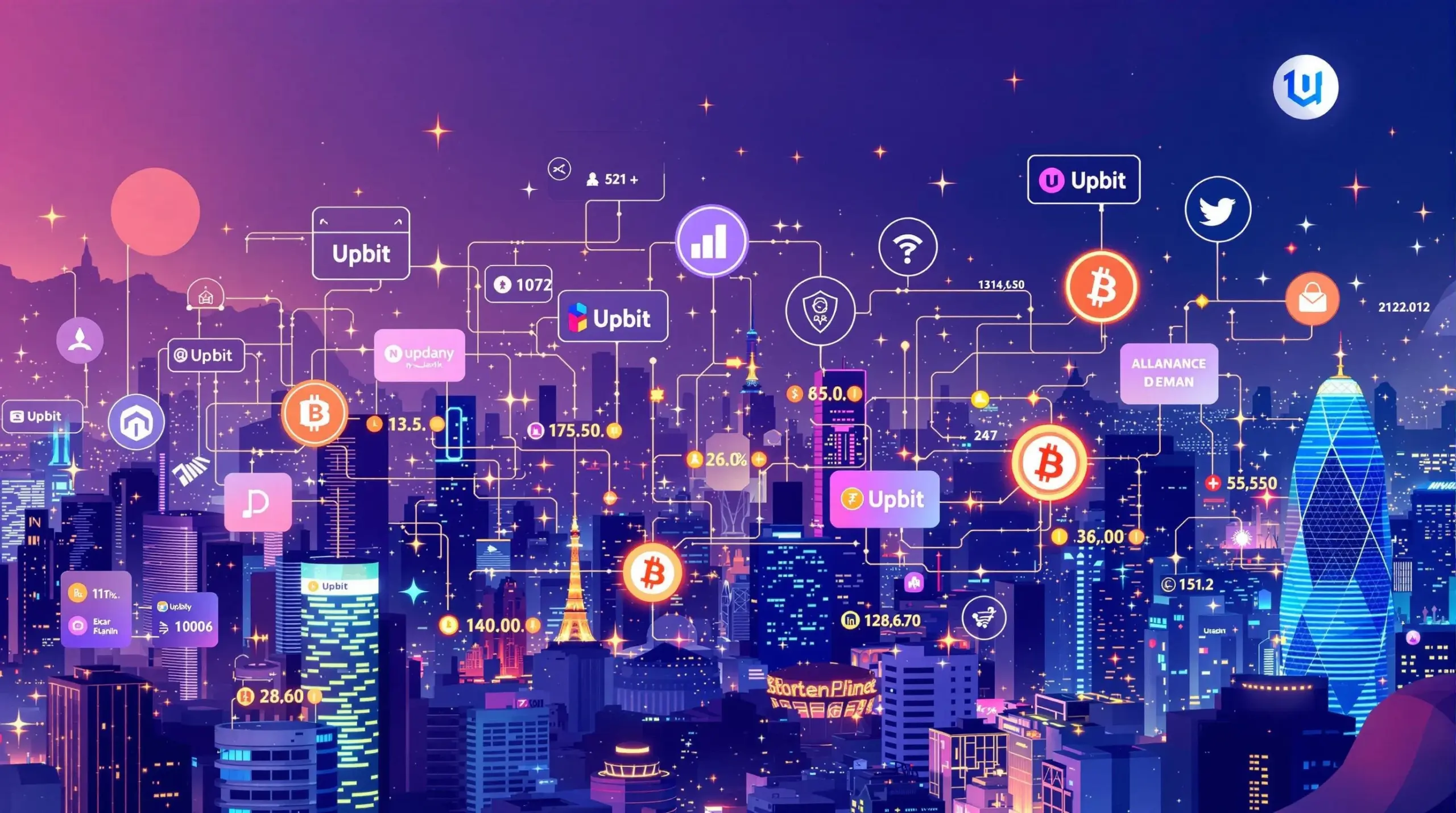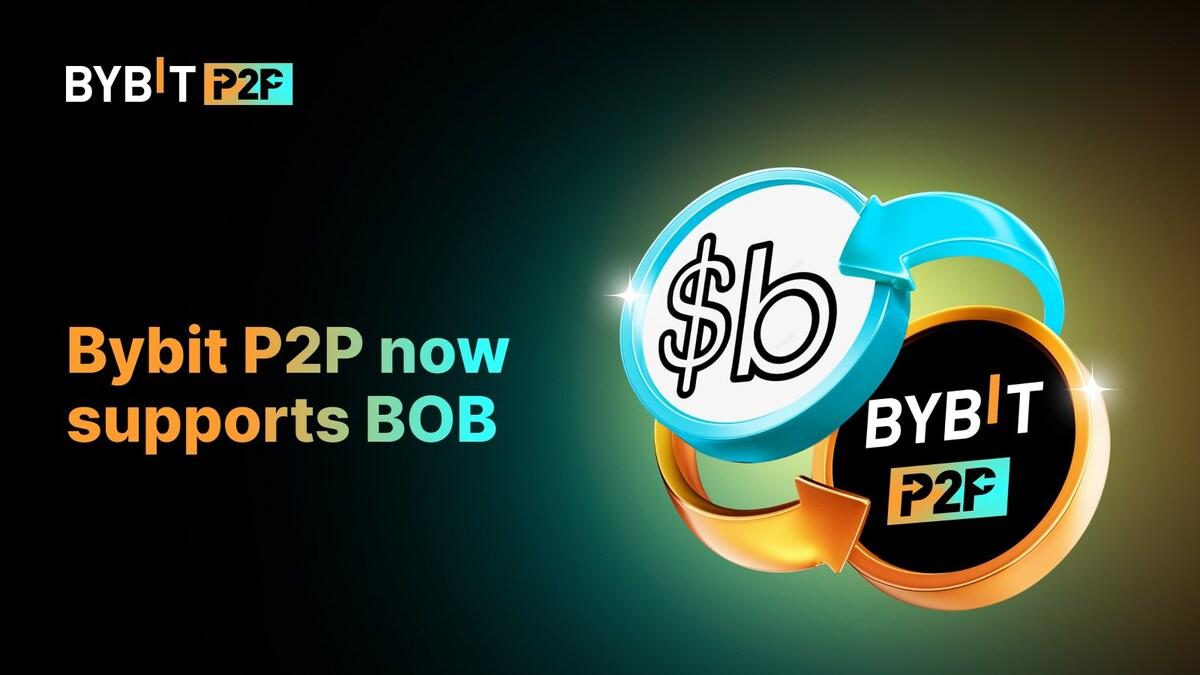BitcoinWorld

ChatGPT’s Astonishing Ascent: OpenAI Nears 700 Million Weekly Users
In the dynamic world of technology, where innovation is constant, the rapid ascent of AI tools like ChatGPT mirrors the transformative potential we’ve seen in blockchain and cryptocurrency. Just as decentralized technologies are reshaping finance, artificial intelligence is redefining how we interact with information and automate tasks. The latest figures from OpenAI underscore this profound shift, signaling a new era of mainstream AI adoption that holds significant implications for every digital domain, including the evolving Web3 space.
The Phenomenal Surge in ChatGPT User Adoption
OpenAI’s flagship chatbot, ChatGPT, is on the cusp of a monumental milestone, projected to reach an astounding 700 million weekly active users this week. This figure isn’t just a number; it represents a staggering acceleration in the embrace of AI by the global populace. Nick Turley, OpenAI’s VP and head of the ChatGPT app, recently highlighted this impressive trajectory, noting on X that the app had already hit 500 million weekly active users by the end of March. This growth translates to a remarkable fourfold increase in its user base since last year, a testament to its expanding utility and appeal.
Turley’s sentiments capture the essence of this expansion:
- "Every day, people and teams are learning, creating, and solving harder problems."
- "Big week ahead."
- "Grateful to the team for making ChatGPT more useful and delivering on our mission so everyone can benefit from AI."
This rapid expansion is not merely organic; it is a direct result of strategic enhancements and continuous innovation from OpenAI. The integration of advanced features has played a pivotal role in drawing in and retaining such a vast user base.
What’s Fueling This Remarkable AI Growth?
The trajectory of ChatGPT‘s growth can be attributed to several key factors, most notably the continuous refinement and introduction of more powerful capabilities. A significant catalyst was the launch of an upgraded image-generation feature in March, powered by the highly advanced GPT-4 model. This feature allowed users to create compelling visuals directly within the chatbot interface, opening up new avenues for creative expression and practical application.
Brad Lightcap, OpenAI’s COO, provided striking statistics regarding the impact of this new feature. In early April, he revealed that over 130 million users had collectively generated more than 700 million images in just a few days following its release. This demonstrates the immense demand for accessible and powerful generative AI tools.
Beyond individual users, ChatGPT has also seen substantial growth in its enterprise segment. Lightcap recently announced that the platform now serves 5 million paying business users, a significant jump from 3 million in June. This increase highlights the growing reliance of businesses on AI for various operations, from content creation and customer service to data analysis and strategic planning. The enterprise adoption signals a broader acceptance of AI as a critical business tool, moving beyond experimental phases into core operational integration.
Deep Dive into User Adoption AI Metrics
To truly understand the depth of ChatGPT‘s impact, it is essential to look beyond mere user counts and examine engagement metrics. A recent report by market intelligence firm Sensor Tower provides valuable insights into how deeply integrated ChatGPT has become in users’ daily routines. The report highlighted several compelling statistics:
- Average Daily Usage: Users are engaging with ChatGPT for more than 12 days a month on average. This places it in an elite category, trailing only digital giants like Google and X (formerly Twitter) in terms of consistent user interaction.
- Time Spent Per Session: In the first half of 2025, users spent an average of 16 minutes per day on the app. This sustained engagement indicates that users are not just briefly interacting with the chatbot but are dedicating significant time to leverage its capabilities for various tasks.
These metrics underscore a profound shift in user behavior. ChatGPT is no longer just a novelty; it has evolved into a staple utility for millions, integrating seamlessly into workflows, learning processes, and creative endeavors. This level of consistent engagement is crucial for any platform’s long-term viability and points to a future where AI assistants are as ubiquitous as search engines or social media platforms.
The Broader Impact of Generative AI on Technology and Beyond
The success of ChatGPT is a powerful indicator of the transformative potential of generative AI across various sectors. This technology, capable of creating new content—be it text, images, code, or even music—is not just enhancing existing processes but is enabling entirely new possibilities. For the cryptocurrency and blockchain space, this has profound implications:
- Smart Contract Development: Generative AI can assist in writing and auditing smart contract code, potentially reducing errors and increasing efficiency.
- Decentralized Application (dApp) Creation: AI can help developers design and build more intuitive and intelligent dApps, improving user experience.
- Automated Trading and Analysis: AI-powered bots can analyze vast amounts of market data to execute trades or provide predictive insights, though this comes with its own set of risks.
- Content Generation for Web3: From creating unique NFTs to drafting whitepapers or marketing copy for blockchain projects, generative AI can streamline content creation.
- User Support in Crypto Platforms: AI chatbots can provide instant support and answer complex queries for users navigating decentralized finance (DeFi) or NFT marketplaces.
The widespread adoption of generative AI also raises important discussions around data privacy, ethical AI development, and the future of work. As these models become more sophisticated and pervasive, ensuring responsible deployment and equitable access will be paramount. OpenAI, as a leader in this field, faces the ongoing challenge of balancing innovation with ethical considerations.
What’s Next for OpenAI and the Future of AI?
OpenAI‘s relentless pursuit of its mission to ensure that artificial general intelligence benefits all of humanity is clearly reflected in ChatGPT‘s success. The company continues to push the boundaries of AI research and development, with each new model iteration demonstrating enhanced capabilities and broader applicability. The rapid scaling of ChatGPT‘s user base provides OpenAI with invaluable data and feedback, which in turn fuels further improvements and innovations.
The future of AI, spearheaded by companies like OpenAI, is likely to see even more seamless integration into our daily lives. We can anticipate more personalized AI experiences, more intuitive human-AI interfaces, and AI models capable of tackling increasingly complex real-world problems. The journey from a niche technological marvel to a household utility has been remarkably swift for ChatGPT, setting a precedent for how quickly advanced AI can become indispensable.
The Interplay of AI and Web3: A Look Ahead
As ChatGPT and other AI models continue their exponential AI growth, the convergence with Web3 technologies becomes an increasingly fascinating area. Imagine AI-driven decentralized autonomous organizations (DAOs) making decisions, or AI agents managing digital assets within a blockchain framework. The potential for AI to enhance the efficiency, security, and accessibility of decentralized systems is immense. Conversely, blockchain technology can provide AI with decentralized data storage, verifiable computation, and enhanced privacy, creating a symbiotic relationship.
The massive user adoption AI has achieved through platforms like ChatGPT means that a significant portion of the global population is now familiar with AI’s capabilities. This familiarity lowers the barrier to entry for more advanced AI applications, including those integrated with Web3. As more users become comfortable interacting with AI, the path for AI-powered dApps and blockchain solutions becomes clearer.
Concluding Thoughts: A New Frontier in Digital Interaction
The journey of ChatGPT from an experimental chatbot to a tool nearing 700 million weekly active users is nothing short of revolutionary. It underscores the profound impact of generative AI and the incredible pace of technological evolution. OpenAI‘s achievement is not just a commercial success; it represents a fundamental shift in how humanity interacts with technology, learns, creates, and solves problems. As this AI growth continues, its implications will reverberate across every industry, including the burgeoning digital asset space, promising a future where intelligent systems play an even more central role in our lives.
To learn more about the latest AI market trends, explore our article on key developments shaping AI models features and institutional adoption.
This post ChatGPT’s Astonishing Ascent: OpenAI Nears 700 Million Weekly Users first appeared on BitcoinWorld and is written by Editorial Team





